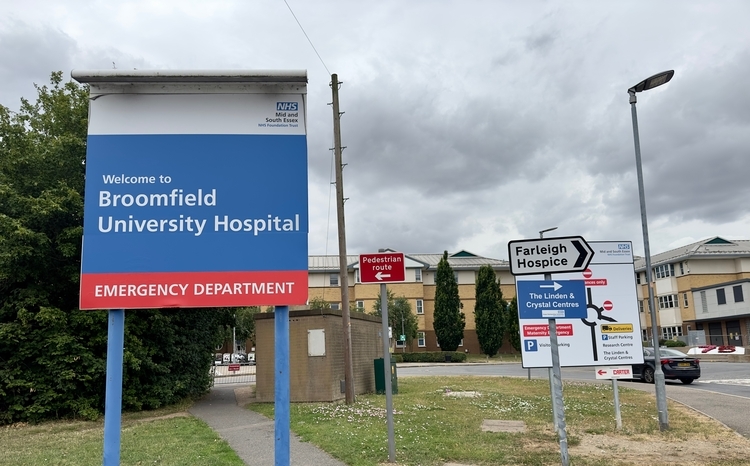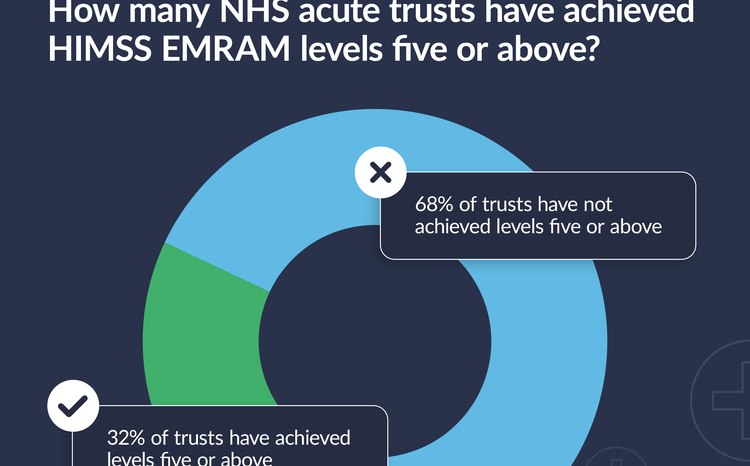Charing Cross introduces robotic drug dispensing
- 9 June 2004
Two newly installed electronic dispensing systems at London’s Charing Cross Hospital, one of which uses robotics, are improving improving the speed and accuracy of dispensing on wards and in the hospital pharmacy. One system, dubbed Pollyanna, is a fully-automated pharmacy storage and dispensing computer. Staff input the drug name and dosage from the paper-based prescription, and a robotic arm picks out the correct pack from the 11,000 on the internal shelving, using barcodes to verify it has picked the right pack. Pollyanna (pictured right), otherwise known as the Swisslog Pack Picker, can also be asked to automatically scan the shelves for any out-of-date drugs, pick them out and drop them into the reject chute. Ann Jacklin, chief pharmacist at the west London hospital, said that the new technology was timely. "Medical advances and an increase in the number of new drugs over the past five years have caused a 25% increase in our workload. “Not only does it speed up the waiting time for patients, we can spend more time making sure the prescription is the right one, and because it all works through barcodes, confusions over different strength drugs in similar packaging can be avoided." In addition to hospital pharmacies, Ann Jacklin believes that Pollyanna could be helpful in community pharmacies. “In principle, with the correct interfacing, the prescription could go direct from GP to community pharmacy system to the Pack Picker for final checking." The hospital’s other new system, currently under trial, is called ServeRx, an automated ‘Smart Cart’ inpatients’ bedside drug dispensing system. Manufactured by US-based company MDG Medical, the system consists of a ‘Smart Cart’ and barcodes that patients wear on their wrists. Only when a patient has been identified using their bar coded wrist band does the cart release the patient’s medication. Each patient’s medication is stored in individual drawers in the Smart Cart. When the patient’s barcode is scanned, the drawer opens making the patient’s medication available to be dispensed. Jacklin described the staff reaction so far to the trial as mixed, but positive. “About 50 per cent of doctors think it is quicker and easier to prescribe, and about 50 per cent think it is more difficult. Most think it will reduce error." If ServeRx is eventually adopted by the hospital, Jacklin believes it could be integrated with the patient record systems to be delivered by the NPfIT. “The ServeRx system will need to be able to integrate with the core EPR system; either by taking the ServeRx prescribing front end, or interfacing the cabinet, Smart Cart and bar code functionality and adding it onto the core system which will include electronic prescribing." Pollyanna and ServeRx are not currently linked, but the hospital is looking into the possibility and advantages of doing this. Charing Cross Hospital is one of the first in the country to install the Swisslog Pack Picker, and is acting as a reference site for other trusts. The system is currently fully commercially available and is used in many small pharmacies in Germany. ServeRx is on beta test at Charing Cross Hospital until January 2005 and is being monitored by academics from The School of Pharmacy, University of London and London School of Economics. In February 2004 the Chief Pharmaceutical Officer published the report ‘Building a Safer NHS for Patients: Improving Medication Safety’, which stressed that electronic prescribing (e-prescribing) and automated dispensing systems have a vital role to play in reducing medication errors in hospitals. The scale of medication errors in the NHS was highlighted in the 2001 Audit Commission report ‘A Spoonful of Sugar’, which conservatively estimated that 1,200 people die annually in England and Wales as a result of medication errors, costing the NHS £500 million.
 The pack is then dispensed onto a conveyor belt back to the front of the pharmacy, where it can be labelled and made ready to be dispensed.
The pack is then dispensed onto a conveyor belt back to the front of the pharmacy, where it can be labelled and made ready to be dispensed.




